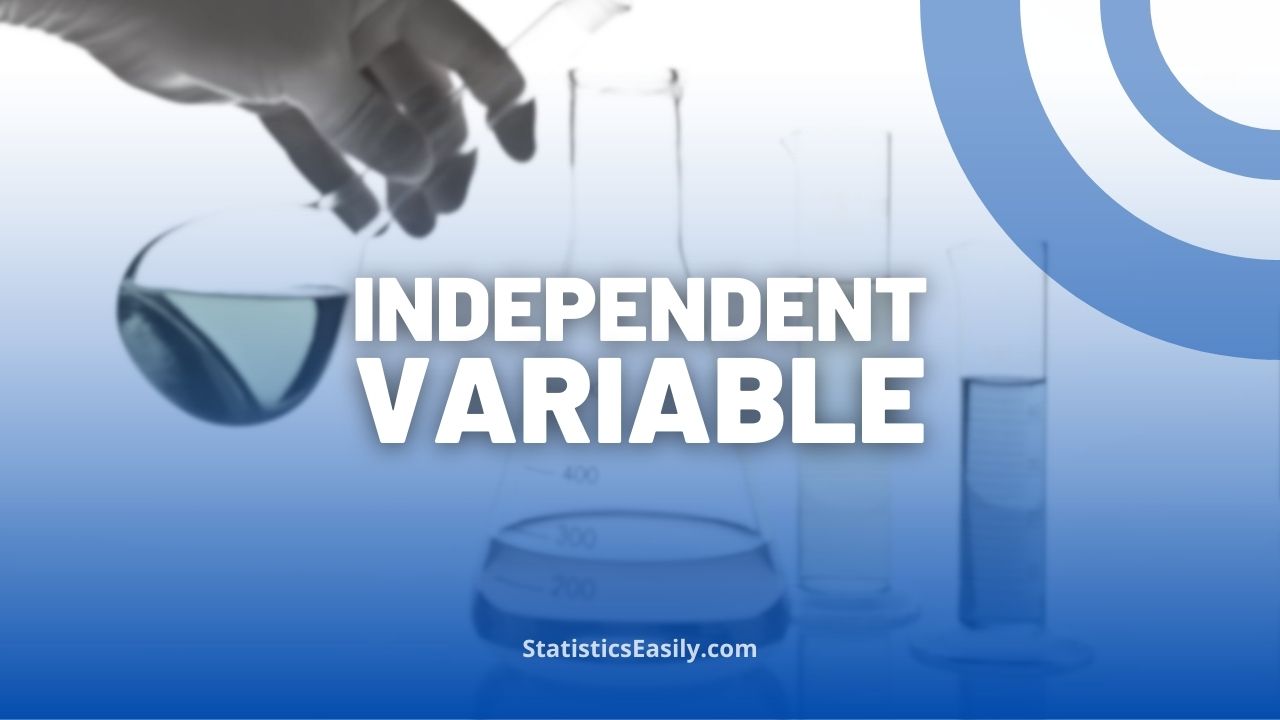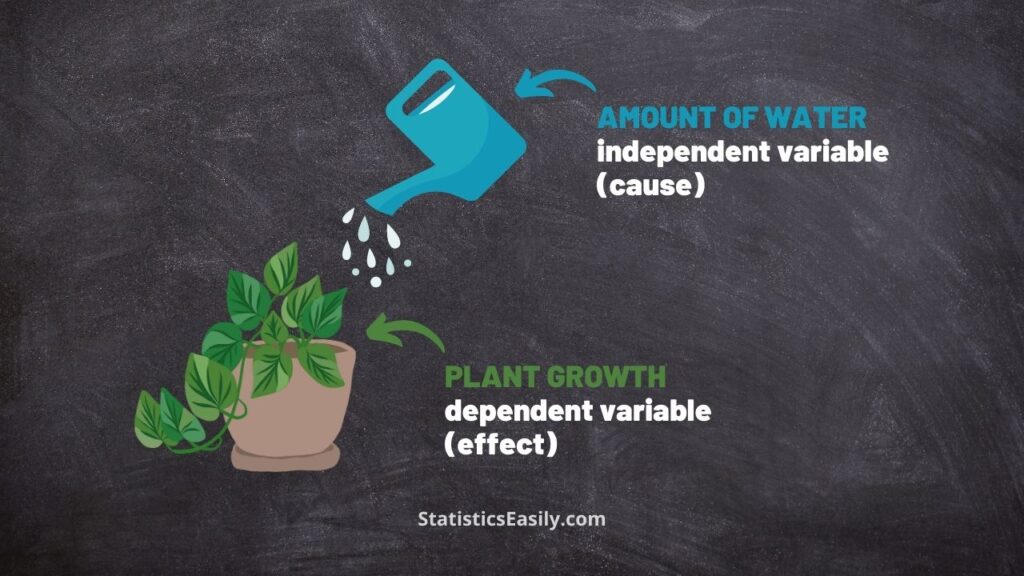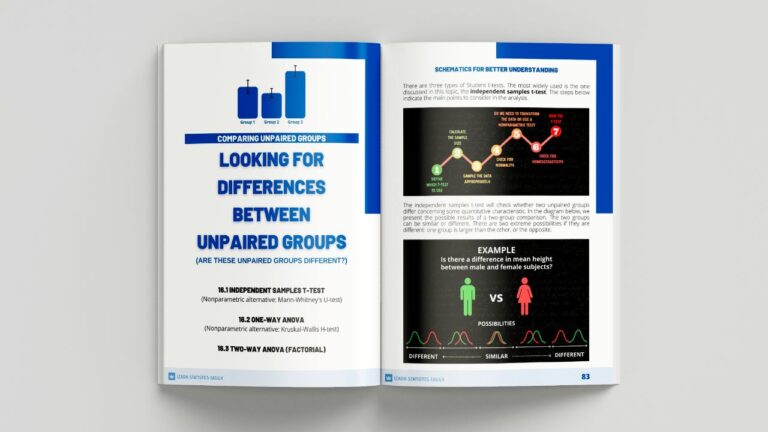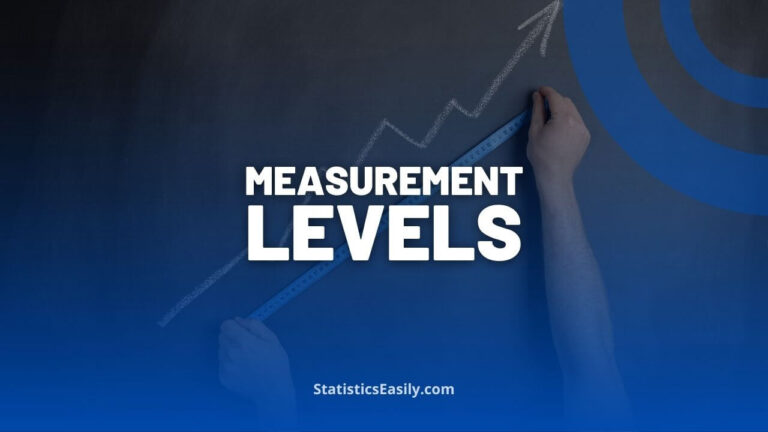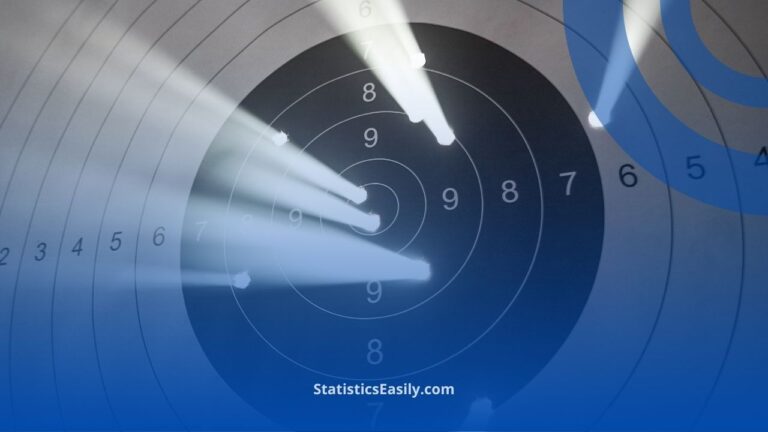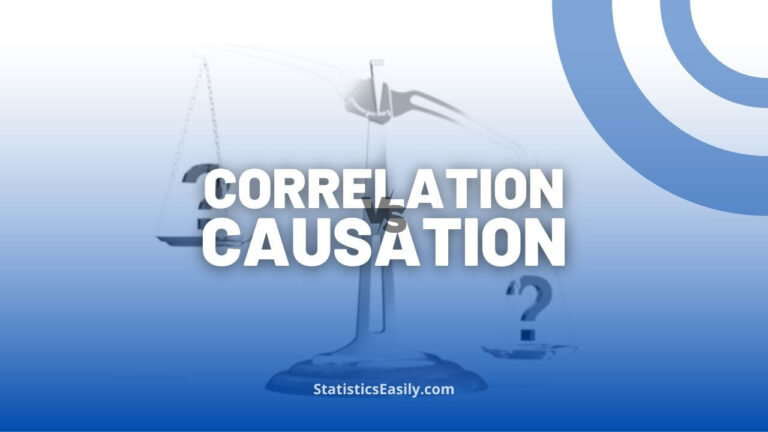What is an Independent Variable in an Experiment?
An independent variable in an experiment is a factor researchers manipulate to observe its effect on a dependent variable — it represents the cause in a cause-and-effect relationship, allowing scientists to test hypotheses and draw conclusions.
Highlights
- Independent variables are factors manipulated in experiments to test cause-and-effect relationships.
- Dependent variables are outcomes observed or measured due to manipulating independent variables.
- Different fields of science utilize independent variables to identify causal relationships.
- Controlling other variables helps ensure accurate conclusions in experiments.
- Common misconceptions include believing independent variables always directly cause changes in dependent variables.
What is an Independent Variable in an Experiment?
An independent variable is a factor researchers manipulate in the experiment to observe its effect on a dependent variable. It represents the cause in a cause-and-effect relationship, while the dependent variable signifies the effect. Independent variables are essential to establish this relationship and test hypotheses, allowing researchers to draw meaningful conclusions from their experiments.
Independent variables are crucial in scientific research, enabling researchers to systematically investigate relationships between different factors. By controlling the independent variable, researchers can isolate its impact on the dependent variable, better understanding the underlying cause-and-effect relationship. This approach is vital for developing new theories, validating existing ones, and making informed decisions in various fields.
While independent variables are deliberately manipulated in an experiment, dependent variables are the outcomes that are observed or measured due to these manipulations. In other words, dependent variables depend on the independent variables. Understanding this distinction is essential for designing robust experimental setups and accurately interpreting results, as it helps researchers identify the causal factors driving observed changes.
In hypothesis testing, independent variables are essential for formulating and testing predictions about the relationships between different factors. By systematically varying independent variables, researchers can test whether changes in these factors lead to significant differences in the dependent variables. This process is crucial for confirming or refuting hypotheses and contributes to developing and validating scientific theories.
Independent variables play a central role in diverse fields of science. For instance, a drug’s dosage might be the independent variable in medical research. At the same time, the patient’s health outcomes serve as the dependent variable. In environmental science, the amount of a pollutant could be the independent variable, impacting air or water quality as the dependent variable. Understanding independent variables in various contexts helps researchers identify causal relationships and develop evidence-based solutions.
Some common misconceptions about independent variables include the belief that they always directly cause changes in the dependent variable or that they are the only factor affecting the dependent variable. In reality, complex relationships often exist between multiple independent variables and dependent variables, with additional confounding factors potentially influencing the outcomes. Therefore, researchers must carefully consider these complexities when designing experiments and interpreting results.
🛑 Stop Struggling with Data Analysis
Find Out How Our eBook Can Turn You into an Expert Overnight!
Choosing appropriate independent variables is vital for a successful experiment.
Researchers should consider factors such as the feasibility of manipulation, the relevance of the independent variable to the research question, and the potential for confounding effects.
Additionally, researchers should aim to control other variables that might influence the dependent variable to ensure accurate conclusions.
A literature review and consultation with experts can also be beneficial in identifying suitable independent variables for an experiment.
Table: Illustrating Independent and Dependent Variables in Various Fields of Science.
| Field of Science | Independent Variable | Dependent Variable |
|---|---|---|
| Biology | Light exposure duration | Photosynthesis rate |
| Medicine | Exercise frequency | Blood pressure levels |
| Physics | Temperature of a gas | Gas pressure |
| Psychology | Amount of sleep | Cognitive performance |
| Environmental Science | Deforestation rate | Biodiversity loss |
| Education | Class size | Student engagement |
| Chemistry | Temperature of a reaction | Reaction rate |
| Economics | Tax rate | Consumer spending |
| Sociology | Income inequality | Crime rate |
| Engineering | Insulation thickness | Heat loss in a building |
This table showcases a range of scientific disciplines and corresponding examples of independent variables (factors intentionally manipulated or controlled) and dependent variables (outcomes or responses observed) to demonstrate their significance and practical application in research.
Conclusion
Understanding independent variables is crucial for designing and conducting practical experiments.
These variables allow researchers to systematically investigate cause-and-effect relationships, test hypotheses, and develop scientific theories.
By recognizing the importance of independent variables in various fields of science, differentiating between dependent and independent variables, and carefully selecting and controlling variables, researchers can enhance the robustness of their experimental designs and draw more accurate and meaningful conclusions from their studies.
FAQ: What is an Independent Variable in an Experiment?
Q1: What is an independent variable in an experiment?
An independent variable is a factor researchers manipulate to observe its effect on a dependent variable, establishing a cause-and-effect relationship.
Q2: How do independent and dependent variables differ?
Independent variables are factors manipulated in experiments, while dependent variables are the outcomes observed or measured due to these manipulations.
Q3: Why are independent variables important in scientific research?
Independent variables allow researchers to investigate relationships between factors systematically and test hypotheses, contributing to the development of scientific theories.
Q4: How do independent variables relate to hypothesis testing?
Independent variables enable researchers to test predictions about relationships between factors by observing the resulting changes in dependent variables.
Q5: Can independent variables exist in multiple fields of science?
Yes, independent variables play a central role in diverse fields of scientific inquiry, such as medical research, environmental science, and more.
Q6: What are some common misconceptions about independent variables?
Misconceptions include believing independent variables always directly cause changes in dependent variables or that they are the only factor affecting dependent variables.
Q7: How should researchers choose appropriate independent variables?
Researchers should consider factors like feasibility, relevance to research questions, and potential confounding effects when selecting independent variables.
Q8: Why is controlling other variables important in experiments?
Controlling other variables helps ensure accurate conclusions by minimizing the influence of confounding factors on dependent variables.
Q9: How can literature reviews and expert consultations help select independent variables?
These resources can provide valuable insights into suitable independent variables and their relevance to the research question.
Q10: Are complex relationships common between independent and dependent variables?
Yes, complex relationships often exist between multiple independent variables and dependent variables, with additional confounding factors potentially influencing outcomes.
Explore FREE samples from our recently released digital book and unleash your full potential.
Immerse yourself in advanced data analysis techniques, master the art of determining optimal sample sizes, and learn to communicate results effectively, clearly, and concisely.
Click the link to unlock a treasure trove of knowledge: Applied Statistics: Data Analysis.


